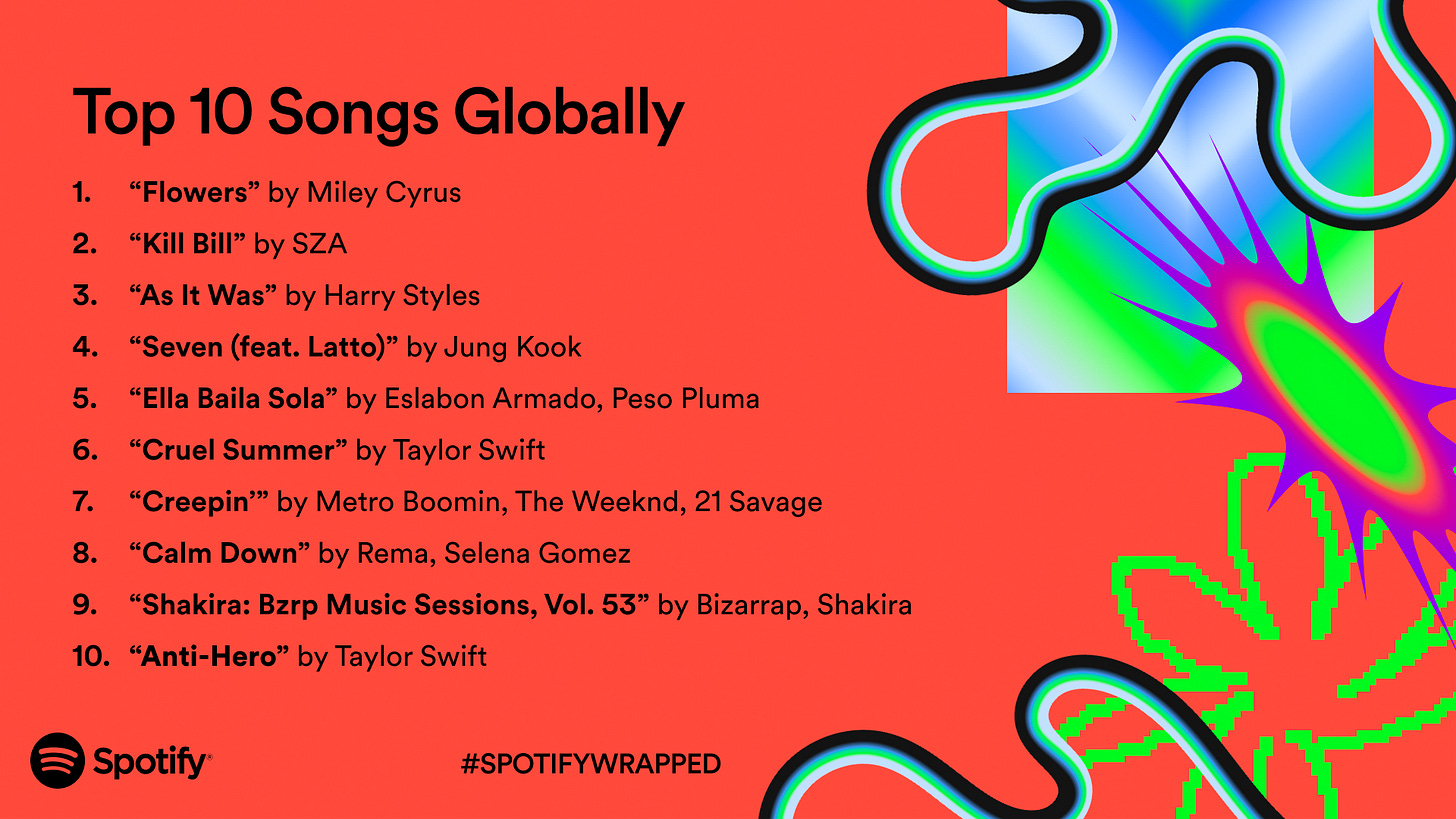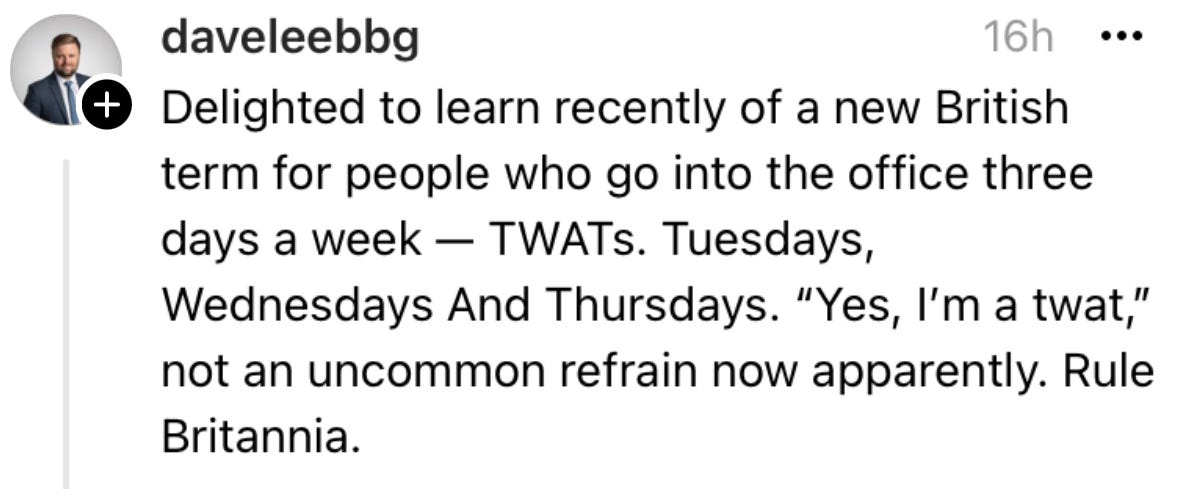“Do you talk more like a millennial or a boomer at work?” this Washington Post story asks. “Take this quiz to find out.”
Why not. I’m a Boomer. I’m great at following directions! (Except from my parents.)
It’s a fun quiz. Well worth trying, even if you’re retired. Here’s a sample:
When I finished, the quiz said that half my responses sound like a Millennial, 28% like Gen X and 22% like Gen Z. None sounded like a Boomer.
A Millennial! Me! That’s crazy! I don’t even use exclamation points!
(Yes, I realize that I’m a retiree and a blogger, so all I really need to sound like is a blithering idiot, and I’m overqualified. But I’m committed to the bit, so bear with me.)
If I answered like a Boomer, though, I’d sound way out of touch. We’re under 20% of the workforce these days — not even half the size of the Millennials. When in Rome, you don’t want to sound ancient.
There’s the rub. That’s from Shakespeare, my Millennial brother from another millennium’s mother.
No matter how you answer that question — and many like it — you’ll be both right and wrong. If you’re a great teammate (or friend, if you apply these principles outside work), your answer will depend on the person you’re communicating with, not a one-size-fits-all quiz. Generations might communicate differently, but you’ll screw up if you stereotype.
A stereotypical Boomer would probably pick up the phone in that theoretical question — and would also be unemployed. Boomers with jobs know that texts and emails are the standard, wasting less time and covering everything, including your ass.
Regardless of age, if you do put it in writing, consider your audience. Some people would love a concise email they could put in that project’s folder, but others might find their eyes glazing over. I know sending a series of short texts is the stereotypical Gen Z answer, but lots of Boomers also prefer information nuggets over data dumps. Short texts often force the sender to be concise.
Would Millennial Me ever pick up the phone and call the colleague? Hell yes — if I wanted to tell them that something was bullshit but didn’t want to put that in writing, or if I wanted to catch up with them (because we have a “friendly, social relationship,” remember?). Or if they were simply lousy at reading stuff.
Reading a text is important. Reading people is more important.
One other question:
If this were an essay question, your age would probably rank about 23rd in importance, way behind such things as:
Severity. Eons ago, I got sick and tried to work through it. It turned into pneumonia and I missed 15 days. Don’t be a martyr if this feels like it could spiral into depression or lead you to play “poor me” and lash out at co-workers or loved ones. Not. Worth. It.
Red flags. “The past several weeks have been a doozy.” Does “several” mean three — or 33? Being a hard worker is a source of pride; being taken advantage of is a source of embarrassment. Are the problems at home because of your long hours and (maybe) detachment? Are you using work as an excuse to avoid addressing personal issues?
Perspective. Is work the most important relationship in your life? Should it be? Ask yourself those questions at least once a year, and this sounds like a really good time.
Timing. Does everyone on your team face the same pressure? If you’re all scrambling to get an app released or you’re a CPA in early April, the sick-day threshold is higher than for some random Wednesday in August. How would you feel if a teammate called in sick that day?
Trust. Have you seen your boss be open about mental health days and not subliminally punish those who take them? Being honest is admirable — but put the corporate culture through your bullshit detector and see what comes out.
All these questions can apply when you’re having personal issues, too. Can you be honest about being in a rut or needing a night away from family? Is work a reason for not going to dinner with friends or skipping a school play — or an excuse? Is the most important relationship in your life still the most important relationship in your life?
“To know thyself is the beginning of wisdom,” said Socrates, an ancient brother from yet another millennium’s mother.
He would have been great on Slack.
Murphy Slaw
Something old: Measuring older people’s circadian rhythms could help predict frailty-related health risks years before an incident occurs, a study at a Boston hospital found.
Something new: Taylor Swift was the most-streamed artist on Earth in 2023 — at least in Spotify’s view — with more than 26.1 billion streams, becoming the first female artist to earn that recognition since Spotify Wrapped began in 2015. Bad Bunny had been on top the last three years.
Something borrowed: Yes, it’s more blessed to give than to receive, but what if you’re regifting? Here’s a column with some practical tips and considerations.
Something blue: So which workplace generation is most likely to embrace this?







